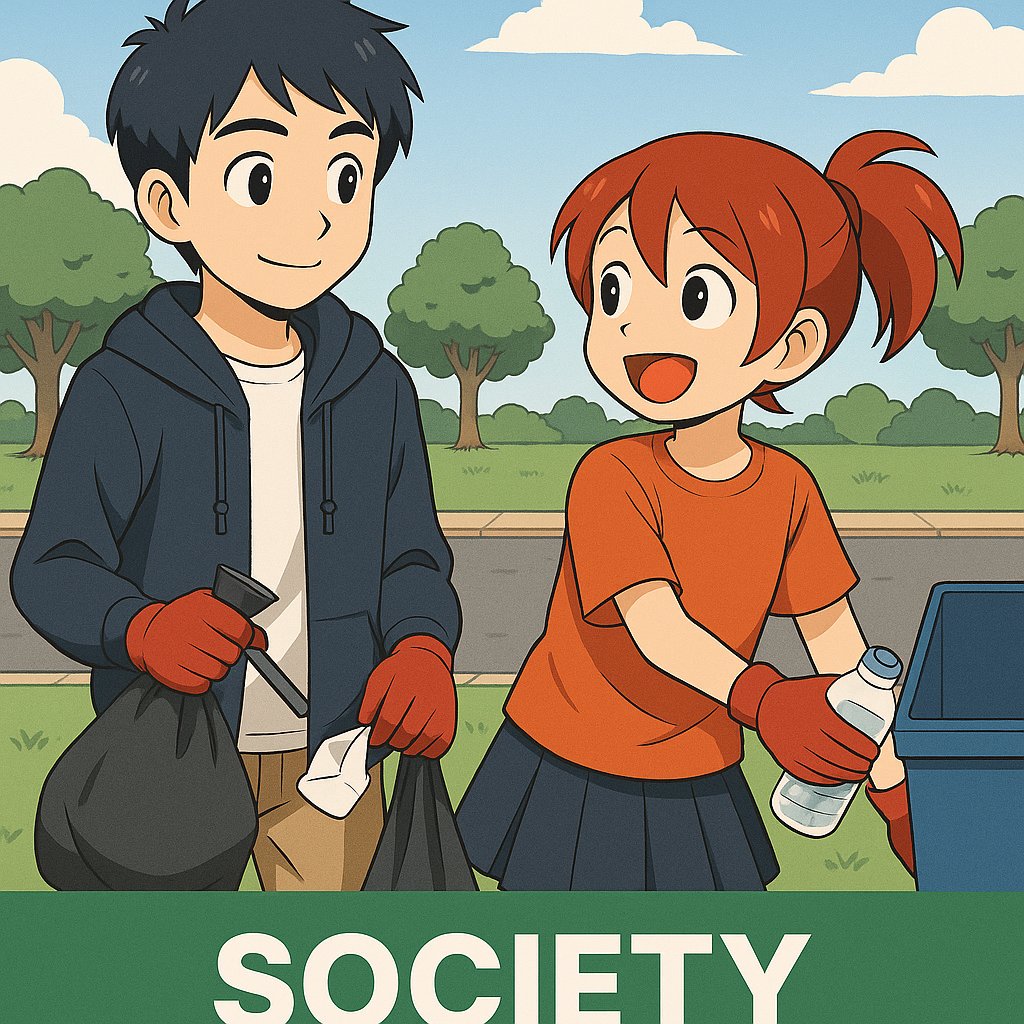📰 ニュースまとめ
いわき信用組合において、247億円を超える不正融資が発覚した。
この事件は、幹部らが「組合を守るため」や「自分や家族を守るため」といった理由で違法行為を正当化するいびつな企業風土が影響していることが明らかになった。第三者委員会の調査では、自己保身に走る幹部や職員の心理状態が詳細に記載されており、信組の内情と再生への課題が浮き彫りとなっている。
💬 チャコたちの会話に耳をすませてみると…
チャコ:
えー!そんな事件ほんとにあるの!?
ログ:
うん、いわき信用組合で247億円の不正融資があったんだ。幹部たちが自分の生活を守るために、違法行為を正当化していたってさ。
チャコ:
信じられない!どうしてそんなことができるの?
ログ:
正常な感覚がまひしてしまったんだろうね。自己保身に走る心理が働いて、どんどんおかしな方向に進んでしまったのかもしれない。
ナヴィ:
このような企業風土は、組織内の倫理観が欠如していることを示しています。適切な監督や透明性が求められます。
チャコ:
ほんとに、もっとしっかりした管理が必要だよね!
📝 管理人のひとこと
いわき信用組合の不正融資事件は、企業の倫理観がどれほど重要かを再認識させるものです。特に、幹部が自己保身に走った結果、組織全体が腐敗してしまうという事実は、多くの企業にとって警鐘となるべきでしょう。また、ナヴィの指摘の通り、透明性と監督の強化は今後の課題です。こうした問題が起きないよう、企業文化の見直しが求められます。今後の再生に向けて、どのような取り組みがなされるのか注目したいです。
この記事をシェアする:
🇬🇧 英語版を見る
Summary
At Iwaki Credit Union, fraudulent loans exceeding 24.7 billion yen have been uncovered.
This incident has highlighted a distorted corporate culture where executives justify illegal actions with reasons such as “to protect the union” or “to safeguard themselves and their families.” An investigation by a third-party committee details the psychological state of executives and staff who resort to self-preservation, shedding light on the internal issues of the credit union and the challenges it faces for reform.
Dialogue
This dialogue is fictional and based on the article.
Chako: Wow! Is that kind of incident really possible!?
Log: Yeah, there was a fraudulent loan of 24.7 billion yen at Iwaki Credit Union. The executives justified their illegal actions to protect their own lives.
Chako: I can’t believe it! How could they do something like that?
Log: They probably became desensitized to normal feelings. The psychology of self-preservation might have kicked in, leading them further down a strange path.
Navi: Such a corporate culture indicates a lack of ethics within the organization. Proper oversight and transparency are essential.
Chako: Absolutely, we really need stronger management!
Admin’s Note
The Iwaki Credit Union’s improper loan scandal serves as a reminder of how crucial corporate ethics are. The fact that executives prioritized self-preservation, leading to the corruption of the entire organization, should serve as a wake-up call for many companies. Furthermore, as pointed out by Navi, enhancing transparency and oversight is a pressing issue moving forward. To prevent such problems from occurring, a reevaluation of corporate culture is necessary. I look forward to seeing what initiatives will be taken for future revitalization.



コメント